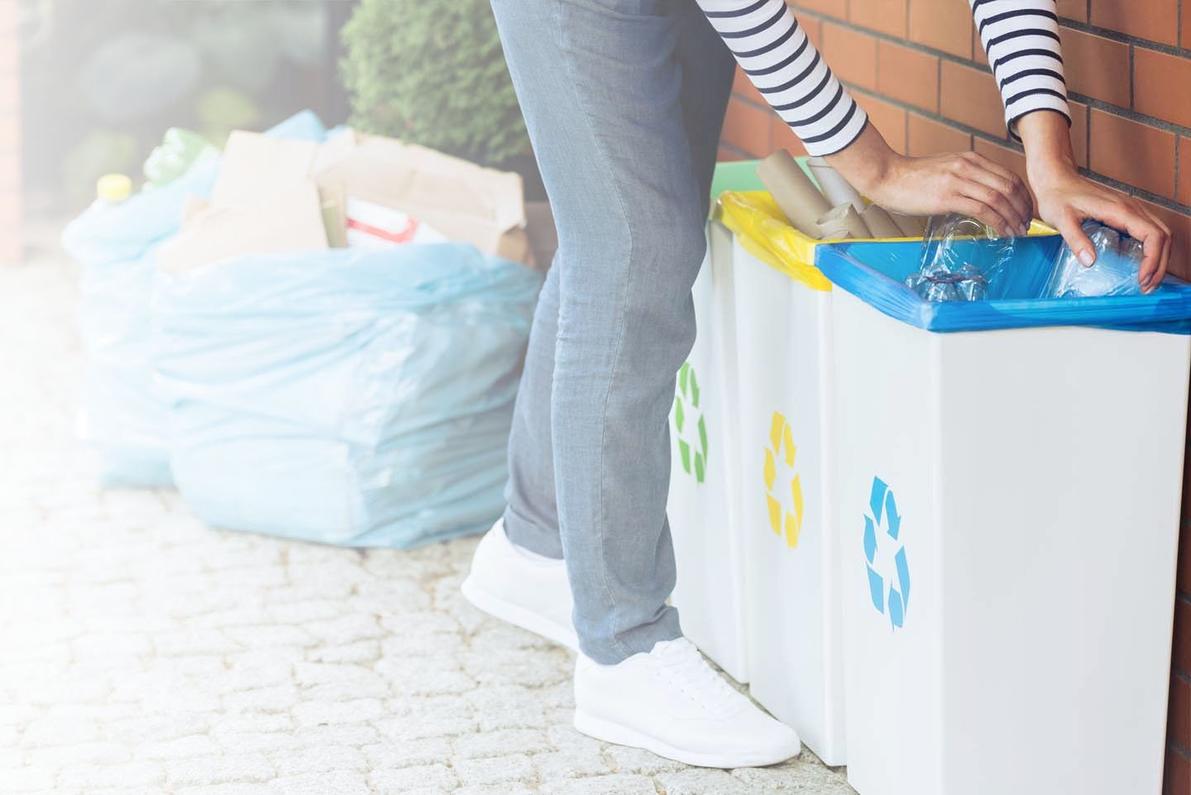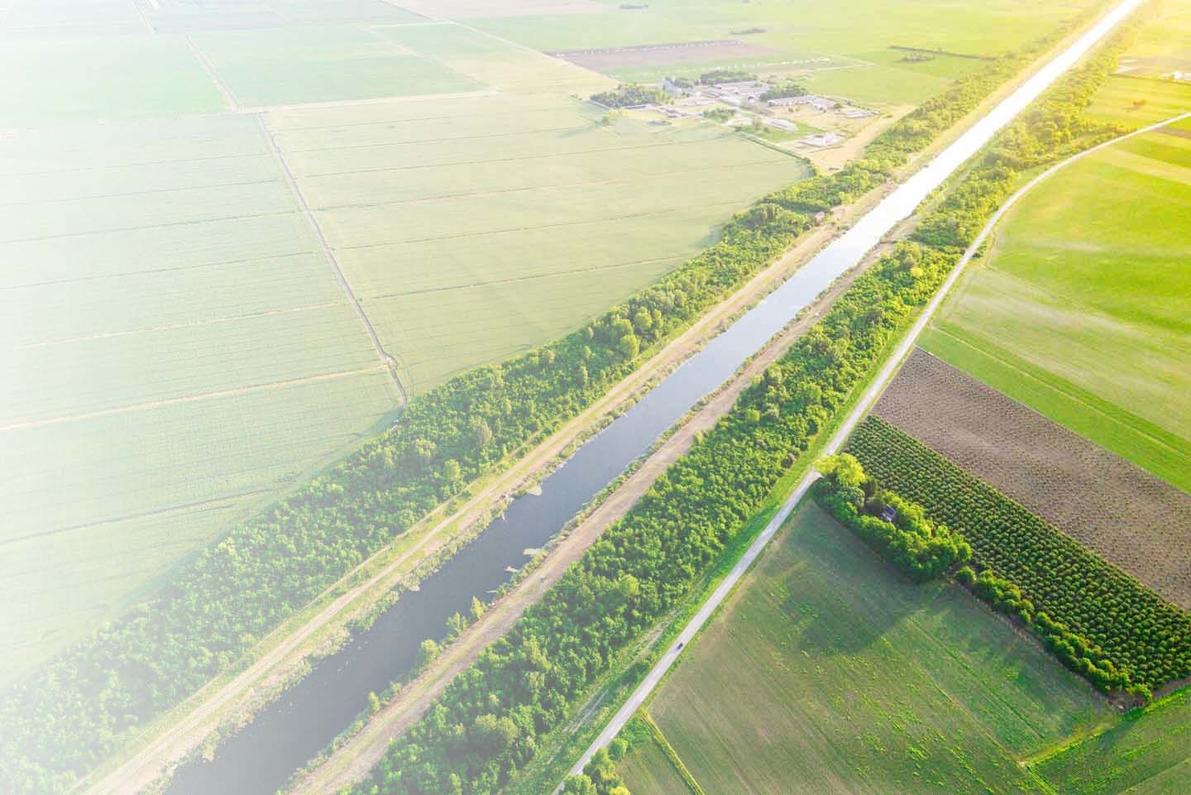Striving for zero environmental impact
The world is facing unprecedented environmental challenges. To grow sustainably, we must consume the planet’s resources wisely, as well as use our global presence to help others make a positive impact. In line with our commitments and objectives, we are working to improve water stewardship throughout our value chain. We are acting on climate change to reduce emissions across the value chain by operating more efficiently and using more sustainably managed and renewable resources. To safeguard the environment, we have a key focus on reducing the use of plastics and making sure those we use are recyclable or reusable. We also strive to create less waste, preserve our natural habitats and encourage consumers to play their part.
However, a staggering 1.2 billion people live in areas of water scarcity, and a
further 1.6 billion people face economic water shortage. Protecting and
preserving the water resources we share with others is a top priority for us.
By engaging in proactive, long-term partnerships to define, implement and
evaluate solutions, we aim to steward water resources for future generations.

Our expert says
Nestlé believes that water is a human right. The company supports the United Nations SDG 6 and has made a commitment to improve water, sanitation and hygiene promotion (WASH) in communities where it works. As a water specialist, it’s my job to develop the programs and partnerships that help Nestlé deliver this commitment.Christian Vousvouras, Water Specialist at Nestlé
the oceans and the sea life that inhabits them. To tackle this, we believe there
is an urgent need to reduce the impact of packaging on the environment.
Using our research capabilities to develop new solutions, we aim to be a
leader in developing the most sustainable packaging for our food and
beverage products.

Plastic waste is one of the biggest sustainability issues the world is facing today. Tackling it requires a collective approach. We are committed to finding improved solutions to reduce, re-use and recycle. Our ambition is to achieve 100% recyclable or reusable packaging by 2025.Mark Schneider, Nestlé CEO
Acting on climate change
Climate change is one of the most important global issues of our time. It causes extreme weather events that impact a range of factors, from water availability and growing conditions to migration patterns. As a global food and beverage company, we are heavily impacted by climate change. Reducing greenhouse gas (GHG) emissions, switching to renewable energy sources and taking other actions to mitigate the effects of climate change is necessary to help ensure the ongoing success of our own business and those in our supply chain, as well as protecting the world around us. In September 2019, we committed to achieving zero greenhouse gas emissions across our value chain by 2050.
Protecting natural capital
Our raw material supplies depend on the natural environment: land, soil, trees and water. We work collaboratively to protect the health of these habitats, focusing on shared water resources, eliminating deforestation from our supply chain, improving soil management, protecting the oceans and preserving biodiversity. We strive to support all these actions by sourcing our raw materials responsibly and promoting sustainable consumption.
quantity of solid waste generated each year – much of which finds its way
into water bodies and oceans – is expected to reach 2.59 billion tonnes by
2030 (World Bank) and to continue to grow throughout the century. We need
to transform how we use and reuse the world’s natural resources. We’re
working to eliminate waste from our own activities, and going beyond that to
educate, raise awareness and identify actions to reduce food waste across
the globe.

Our expert says
The bigger ambition for Nestlé worldwide is to strive for zero environmental impact in our global operations by 2030. By then, we hope that breaking news no longer highlights the negative impact of human activity on our environment, but shows what can be achieved when we work together to shape sustainable consumption and steward resources for future generations. We are glad to be showing the way.Eugene Atte, Head of Packaging at Nestlé Central West and Africa Region








